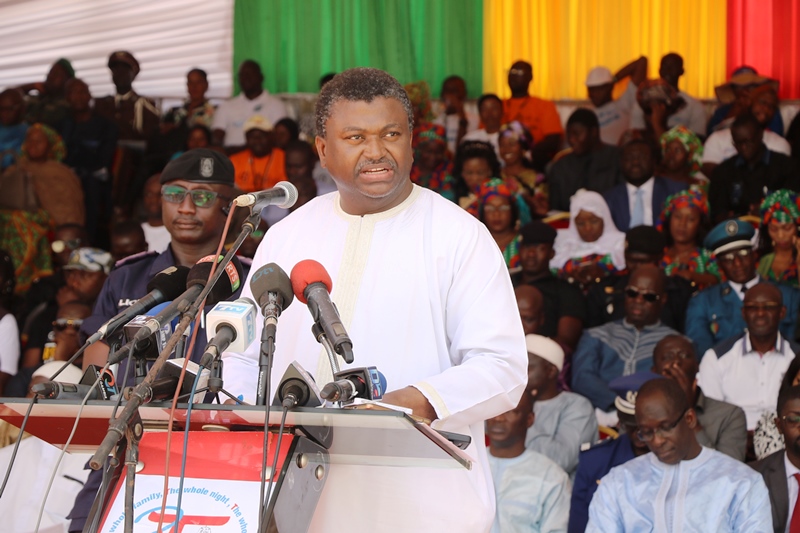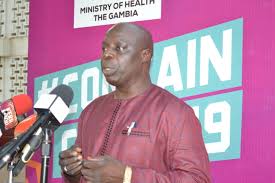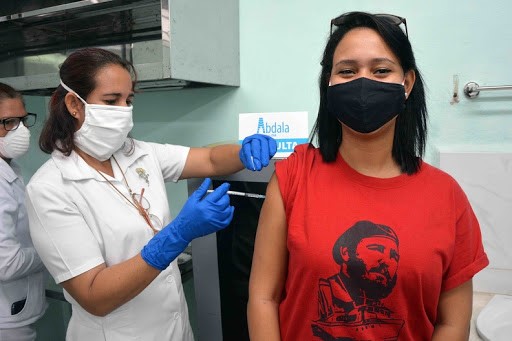By: Yunus .S. Saliu
In a powerful display of regional cooperation and commitment to public health, the governments of The Gambia and Senegal officially launched the 2025 synchronized mass distribution of insecticide-treated bed nets (ITNs) at a high-profile event held in Farafenni, North Bank Region, The Gambia.
Over the next four weeks, more than 5 million new generation ITNs will be distributed free of charge to communities across both countries, with 1.6 million allocated for distribution across all regions of The Gambia. These advanced nets are more effective than traditional pyrethroid-only varieties and are expected to significantly reduce malaria transmission, offering enhanced protection for vulnerable populations.
This joint campaign marks the third synchronized ITN distribution effort since 2019, and it reflects not only a major step forward in malaria control but also a deepening partnership between the two nations under the Senegambia Malaria Cross-Border Initiative, established in 2018.
“This is more than just a health campaign,” stated Dr. Ahmadou Lamin Samateh, The Gambia’s Minister of Health. “It is a celebration of our shared commitment to saving lives and a testament to the enduring bond between our two countries.”
With the campaign slogan, “Mosquitoes Know No Borders: I Have My Insecticide-Treated Net, I Tie It, I Sleep Under It,” the initiative underscores a simple truth, malaria does not respect national boundaries. Eliminating it demands regional solidarity, shared strategies, and synchronized action.
Malaria remains a serious threat to public health, especially among young children and pregnant women. The Minister of Health warned of the fragile nature of the progress made in malaria control. “When we shift focus or slow down, malaria resurges and often with devastating consequences for the most vulnerable,” he noted. “But history has also shown us that with political will, strategic investment, and strong community engagement, malaria can be defeated.”
The experience of coordinating mass distribution campaigns across national borders has demonstrated the power of aligned political leadership and joint planning. According to health authorities, such collaboration enables optimal use of financial and technical resources through both bilateral and multilateral partnerships.
Investing in malaria control is not only about saving lives, it is about promoting long-term development. Progress in malaria prevention contributes directly to the Sustainable Development Goals, particularly those focused on child survival and maternal health.
“The final phase of malaria elimination is often the most difficult,” Dr. Samateh emphasized. “But we must not falter. Continued political support, adequate funding, and the development of new tools and approaches are critical to reaching our goal of zero malaria deaths by 2030.”
Reflecting on the cultural and historical ties between Senegal and The Gambia, Minister Ahmadou Lamin Samateh called for deeper collaboration, urging both nations to “stand with one common agenda for defeating malaria.” He reaffirmed his ministry’s commitment to strengthening the cross-border initiative and responding to emerging health challenges with agility and shared resolve.
Honourable Minister Samateh also extended heartfelt gratitude to international partners, regional institutions, and the government of Senegal for their unwavering support, highlighting the joint involvement of customs, immigration, police, and health personnel to ensure a smooth and effective distribution process, particularly in border communities.
However, he called on the media and stakeholders to help document and disseminate the lessons learned from this unprecedented campaign, encouraging other nations to replicate the model.
“With these few remarks,” he declared, “on behalf of the government and people of The Gambia, I officially launch the 2025 synchronized mass insecticide-treated bed net distribution campaign across Senegal and The Gambia.”





